
名词body表示“身体”这一层意思是,它有时相当于汉语的“身体”,有时不相当于汉语的“身体”。使用时需注意以下几点:
(1) 表示相对于精神(mind, spirit, soul)的“身体”,可用 body 来表示。如:
You can imprison my body but not my mind. 你可以禁锢我的身体但不能禁锢我的精神。
His body is old but his mind is young. 他身体虽然老了,但心还很年轻。
要表示汉语中的“身心”,英语通常说成body and mind,其词序可以颠倒,即也可说成mind and body。如:
He feels weary in body and mind. 他感到身心疲劳。
She is sound in body and mind [mind and body]. 她身心健康。
另外注意,body and soul也可连用构成习语,不过其意不是“身心”,而是“全心全意地”“完完全全地”,在句中用作副词。如:
He loves her body and soul. 他真心实意爱她。
He does his work body and soul. 他全心全意地工作。
(2) 侧重指躯体、躯干等的“身体”,也可用 body 表示。如:
My body was all aches and pains. 我浑身疼痛。
He wore clothes to keep his body warm. 他穿衣服以暖和身子。
He was badly burned on the face and body. 他的脸部和身上都严重烧伤。
(3) 表示健康状况的“身体”,一般不能直接用 body, 可改用其他说法(如用 health, healthy, fit, well 等)。如:
Keep healthy, study well and work well. 身体好,学习好,工作好。
What matters most is good health. 最要紧的是有个好的身体。
You should pay more attention to your health. 你要更注意身体。
有些汉语中的“身体”,在英语中无需用特定的词来表达,可考虑将其隐在一定的上下文中。如:
Take care of yourselves. 希望你们注意身体。
How have you been keeping? 你的身体一向如何?
I’ll look in this evening to see how she is. 我今晚去探望她一下,看她身体如何。










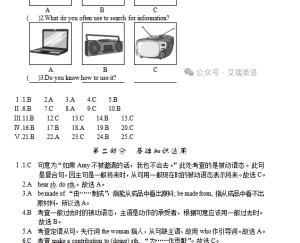
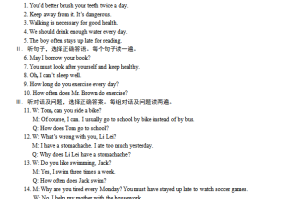


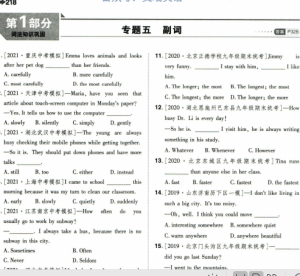
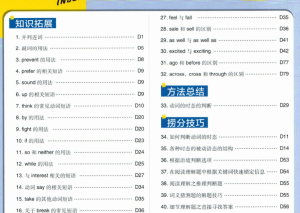
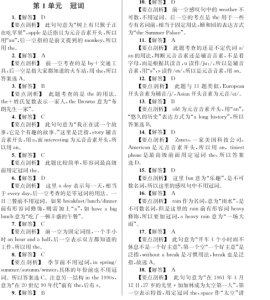
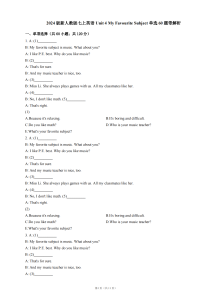


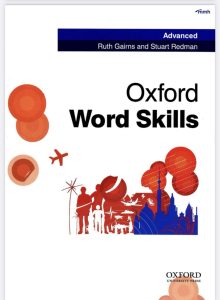

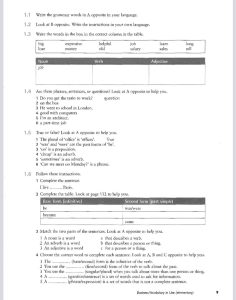


暂无评论内容